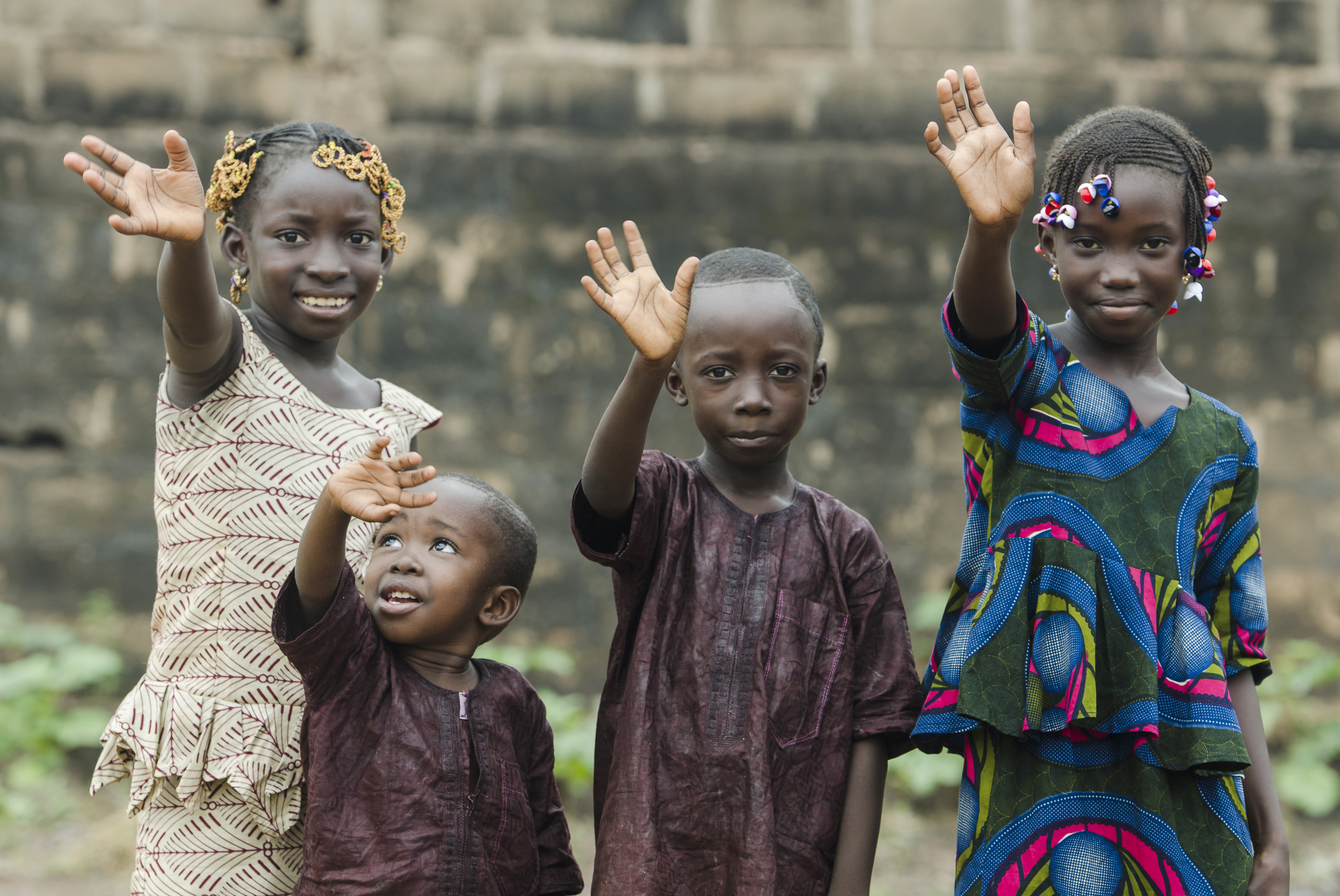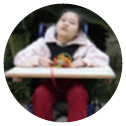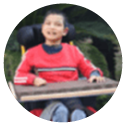
Albinism, a condition often shrouded in misconception and stigma, remains a lesser-known aspect of human diversity. At World Forgotten Children Foundation (WFCF), we recognize the importance of shedding light on this condition, particularly among underprivileged communities and orphaned children with disabilities in developing countries. In this article, we aim to provide insight into what albinism is, why awareness is crucial, its prevalence, the challenges faced by individuals living with this condition, how organizations like WFCF are making a difference, and how you can help.
What is Albinism?
Albinism is a genetic condition characterized by a lack of melanin production in the skin, hair, and eyes. Melanin is the pigment responsible for giving color to these parts of the body. Individuals with albinism typically have very pale skin, light-colored hair, and light-colored eyes. Additionally, they often experience vision problems due to the lack of pigment in their eyes, such as photophobia (sensitivity to light), nystagmus (involuntary eye movement), and poor visual acuity.
Why Albinism Awareness Matters
Raising awareness about albinism is crucial for dispelling myths and misconceptions surrounding the condition. In many cultures, people with albinism are subjected to discrimination, social exclusion, and even violence due to deeply ingrained superstitions and beliefs. Some myths associate albinism with curses, witchcraft, or supernatural powers, leading to marginalization and ostracization of affected individuals and their families.
By fostering understanding and acceptance, we can create inclusive communities where individuals with albinism are valued and supportedd rather than marginalized. Awareness also plays a vital role in ensuring access to proper healthcare, education, and employment opportunities for individuals with albinism, enabling them to lead fulfilling lives and contribute to society.
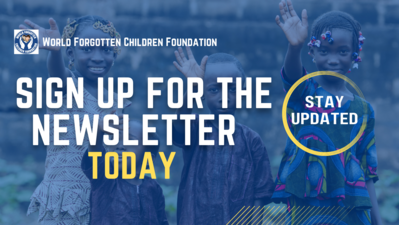
Prevalence and Impact
While albinism is relatively rare, affecting approximately 1 in 39,000 people worldwide, its prevalence is higher in certain populations, particularly in sub-Saharan Africa. According to the World Health Organization (WHO), Tanzania has one of the highest prevalence rates of albinism, with an estimated 1 in 1,400 people affected.
In addition to the challenges associated with visual impairment, individuals with albinism often face societal barriers that hinder their access to education, healthcare, and employment opportunities. Discrimination and stigma can lead to social isolation, low self-esteem, and mental health issues, further exacerbating their marginalization and vulnerability.
Challenges Faced by Individuals with Albinism
Individuals with albinism encounter a myriad of challenges, including:
- Vision Impairment: Visual difficulties, such as poor depth perception and sensitivity to light, can impact daily activities and limit educational and employment prospects.
- Sun Sensitivity: The lack of melanin in the skin makes individuals with albinism highly susceptible to sunburns and skin cancer, necessitating sun protection measures such as wearing protective clothing and sunscreen.
- Social Stigma and Discrimination: Negative attitudes and misconceptions about albinism can lead to social exclusion, bullying, and discrimination in various spheres of life.
- Limited Access to Healthcare and Education: In many developing countries, individuals with albinism face barriers to accessing essential healthcare services and educational opportunities, perpetuating cycles of poverty and inequality.
- Safety Concerns: Particularly in regions where superstitions about albinism prevail, individuals with the condition may be at risk of violence, including ritual attacks for body parts believed to possess magical properties.
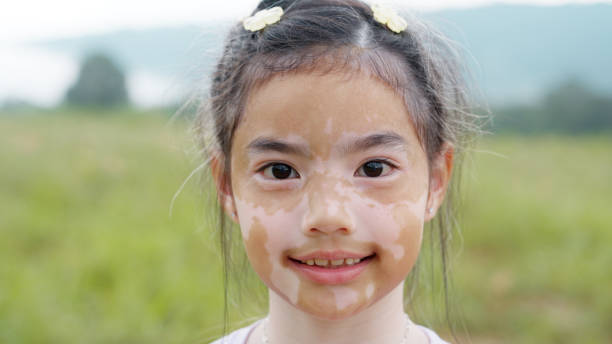
How WFCF is Making a Difference
A few years ago, WFCF collaborated with Under The Same Sun (UTSS) to improve access to education for 70 school-age children with albinism in Tanzania. WFCF provided $3,301 to purchase textbooks and reading stands, addressing issues of visual impairment and discomfort experienced by these students. The adjustable wooden reading stands enabled students to study comfortably and efficiently, alleviating headaches and physical strain. With 55 reading stands purchased and 48 delivered, students can now study independently without sharing textbooks. This initiative not only facilitates education but also empowers these children to overcome obstacles and achieve their academic potential, promising long-lasting positive effects on their lives.
How You Can Help
Supporting individuals with albinism and promoting awareness of their needs requires collective action and advocacy. Here are some ways you can make a difference:
- Educate Yourself and Others: Take the time to learn about albinism and the challenges faced by individuals living with this condition. Share your knowledge with friends, family, and community members to help dispel myths and misconceptions.
- Advocate for Inclusion: Speak out against discrimination and advocate for policies and programs that promote inclusion and equal opportunities for individuals with albinism. Support initiatives that aim to improve access to healthcare, education, and employment for this marginalized group.
- Provide Support and Resources: Offer your support to individuals with albinism and their families by connecting them with resources and services that can help improve their quality of life. This could include access to vision aids, sunscreen, educational materials, and support groups.
- Raise Awareness: Organize awareness-raising events, workshops, and campaigns to educate the public about albinism and challenge stereotypes. Use social media platforms and other channels to share stories, facts, and personal experiences that highlight the strengths and resilience of individuals with albinism.
- Celebrate International Albinism Awareness Day (IAAD): Join the global community in commemorating International Albinism Awareness Day (IAAD) on June 13th each year. Use this day as an opportunity to amplify awareness, advocate for the rights of individuals with albinism, and celebrate their unique contributions to society.
- Donate to Charitable Organizations: Consider making a donation to organizations like WFCF that support projects and initiatives aimed at improving the health and welfare of underprivileged communities and orphaned children with disabilities, including those affected by albinism.
- Volunteer Your Time and Skills: Offer your time and expertise to organizations working on albinism-related projects. Whether it's volunteering at a local support group, participating in fundraising events, or providing pro bono services, your contribution can make a meaningful difference in the lives of those affected by albinism.
By coming together as a global community, we can create a more inclusive and compassionate society where individuals with albinism are empowered to thrive and reach their full potential. Your support and solidarity can help break down barriers, challenge stigma, and create a brighter future for all.
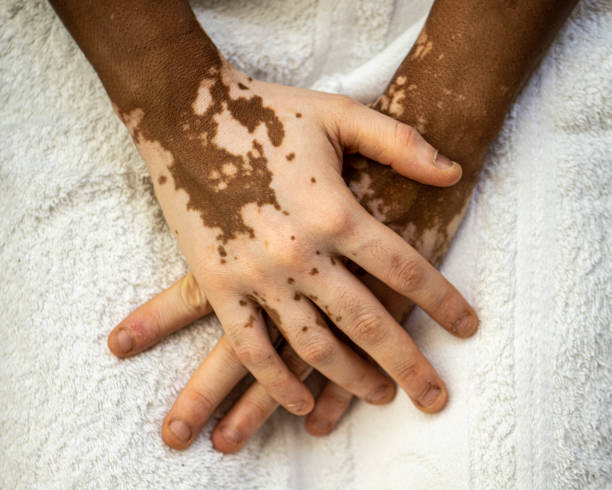
Final Thoughts
At WFCF, we advocate for the rights and well-being of underprivileged communities and orphaned children with disabilities, including those affected by albinism. By raising awareness, promoting inclusion, and supporting initiatives that address the unique needs of individuals with albinism, we strive to create a world where everyone, regardless of their differences, can thrive and fulfill their potential.
Together, let us work towards a future where albinism is celebrated as a beautiful expression of human diversity, and where every individual is valued, respected, and given the opportunity to live a life of dignity and fulfillment.
Support WFCF
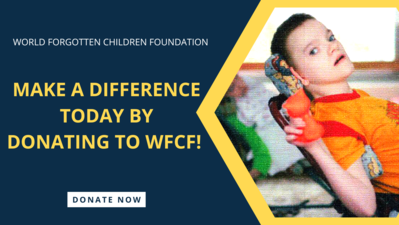
The mission of World Forgotten Children Foundation (WFCF) is to support projects that help orphaned children with disabilities in developing countries. Donate today to support underprivileged communities and orphaned children with disabilities in developing countries.

